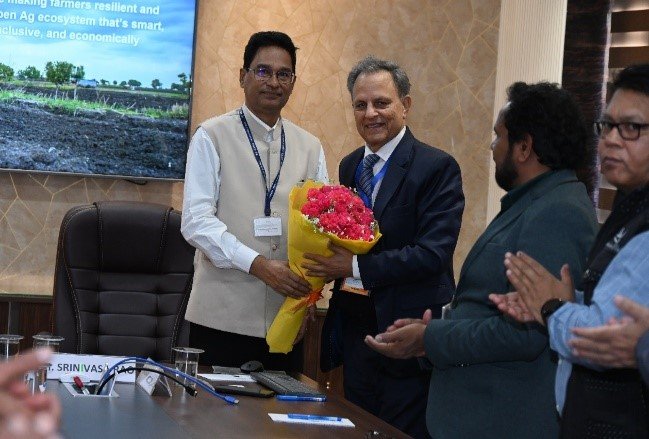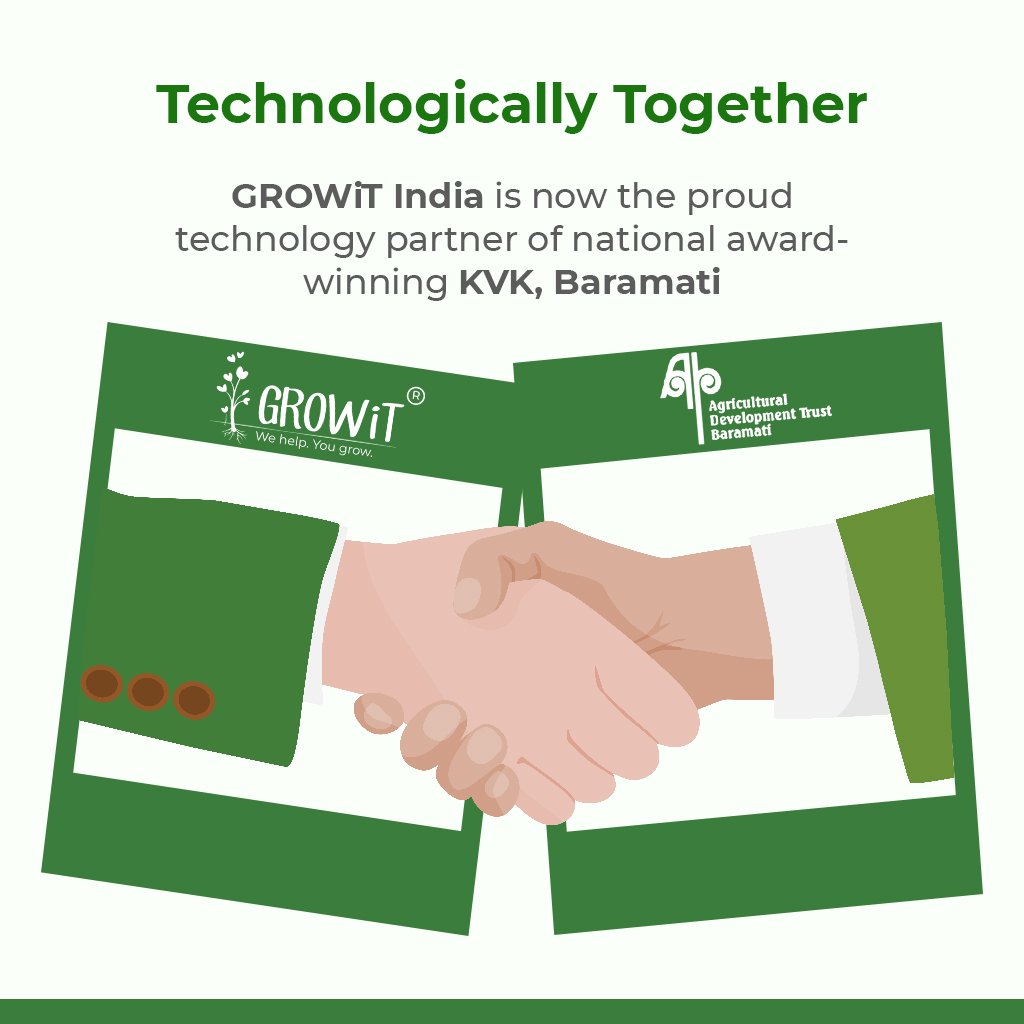IARI and UPL to explore potential collaborations for tech development in agriculture
Key areas identified for joint projects included agro-chemicals, seeds, microbiome research, agro-machinery, farmer training and food processing.
The teams from ICAR-Indian Agricultural Research Institute, New Delhi, and UPL engaged in discussions to explore potential collaborations for technology development and its transfer to farmers’ fields. Key areas identified for joint projects included agro-chemicals, seeds, microbiome research, agro-machinery, farmer training, food processing, and more. It was also proposed that, to advance these collaborative efforts, the R&D team from UPL could visit ICAR-IARI for one-on-one discussions with the relevant research groups in the respective fields.
Dr C H Srinivasa Rao, Director, ICAR-IARI, highlighted the research, education, and extension agenda of IARI and opportunities for collaborations in emerging research priorities. He also emphasised the placement opportunities for IARI students in agro-industries. Heads of divisions presented various research themes during the visit.
Key areas identified for joint projects included



